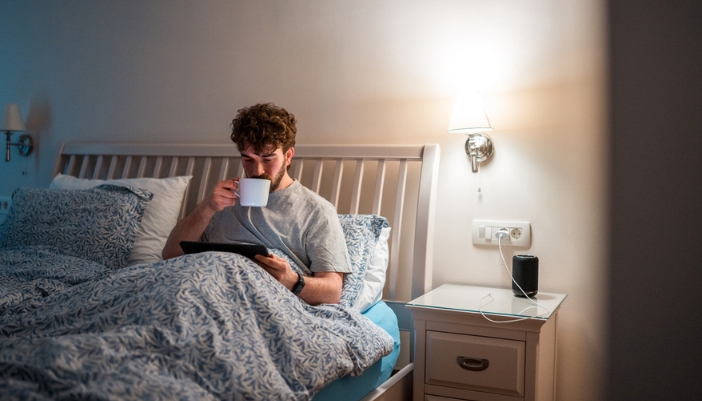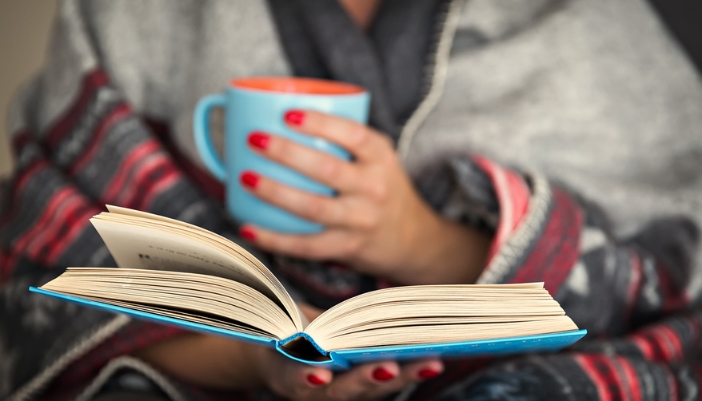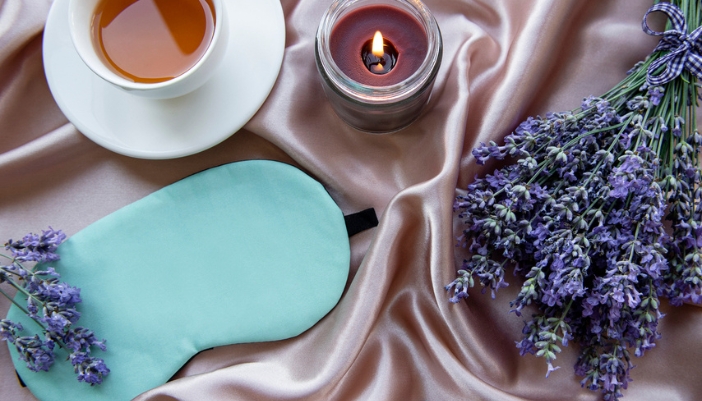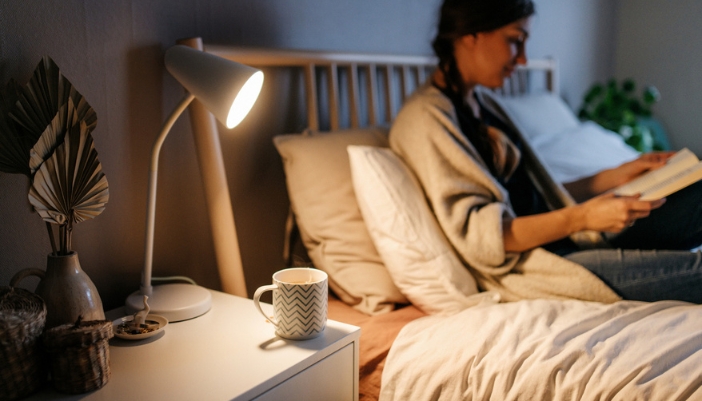Getting a good night's sleep can feel like a challenge, especially with all the stress and distractions we face. If you've tried counting sheep and still find yourself tossing and turning, you might wonder if something as simple as a cup of tea can help you drift off to sleep. Tea has long been used for its calming effects, but does it make a difference when catching some Z's? Our experts at Hudson Appliance have the answer!

The Science Behind Tea and Sleep
Can tea really help you sleep? The short answer: it can! While the specific effects depend on the type of tea you drink, the act of brewing and sipping a warm cup of tea itself can create a calming, sleep-friendly routine. The heat, aroma, and slow process of drinking tea all contribute to relaxing your body and mind, helping you shift into sleep mode.
Beyond the ritual, the warmth of the tea slightly increases your body temperature, which can trigger a natural cooling process—a signal to your body that it’s time to rest. Additionally, many herbal teas are caffeine-free and contain natural compounds that promote relaxation. But it’s not just about chemistry—tea is a sensory experience. Smelling the tea, holding a warm mug, and simply slowing down as you sip all play into the ritual that encourages better sleep.

Best Teas for Sleep
When it comes to teas that help you sleep, not all are created equal. Some teas have natural ingredients that promote relaxation, making it easier to drift off to dreamland. Here are some of the best teas to try if you're looking for a good night's sleep:
- Chamomile is probably the most well-known sleep tea, and for good reason. It contains a compound called apigenin, which calms the brain and reduces anxiety. Drinking a cup of chamomile before bed can help your body relax and prepare for a restful night.
- Lavender isn't just great for its calming scent — it also works wonders in tea form. This tea contains linalool, which helps reduce stress and tension. Plus, the soothing aroma of lavender alone can help you unwind after a long day.
- Peppermint tea might not be the first thing that comes to mind for sleep, but it can be a great option. It contains menthol, which helps relax muscles and ease tension. This tea can be a refreshing and calming choice if stress keeps you up.
- Valerian root has been used for centuries as a natural remedy for insomnia. This tea works as a mild sedative, helping you fall asleep faster and stay asleep longer. It's perfect for those nights when you need extra help dozing off.
- Lemon balm is another herb known for its calming properties. This tea helps reduce stress and anxiety, making it easier to fall asleep. Its mild, citrusy flavor is also a nice change from more traditional sleep teas.
These teas have unique benefits, but the common thread is that they all help calm the mind and body. Experiment with different ones to see which enables you to relax the most.

When and How to Drink Tea for Sleep
To get the best sleep benefits from tea, it's essential to think about both timing and how you prepare it. Drinking tea can be a great part of your bedtime routine, but there are a few things to keep in mind to ensure it works for you.
- Drink tea 30 minutes to an hour before bed: This gives your body enough time to relax without sending you to the bathroom in the middle of the night.
- Stick to one cup: While it's tempting to sip more, one cup is usually enough to help you relax without making you get up to use the bathroom.
- Brew your tea for 5 – 10 minutes: Letting the tea steep for this time helps release all those calming compounds that work to ease your mind and body.
- Make it part of your bedtime routine: Drinking tea should be a relaxing ritual. Combine it with calming activities like reading, journaling, or listening to soft music.
- Watch out for caffeine: Even some herbal teas may have small amounts of caffeine. Stick to teas specifically labeled "caffeine-free" for the best results.

What to Avoid When Using Tea for Sleep
While tea can be a helpful sleep aid, there are a few things you'll want to steer clear of to make sure it's genuinely helping you relax rather than disrupting your sleep. Here are some things to avoid when drinking tea before bed:
- Too Much Sugar or Sweeteners: While adding sugar or sweeteners to your tea may seem harmless, too much can cause blood sugar spikes, which may interrupt your sleep later in the night. If you need sweetness, opt for a small amount of honey or go without to keep things simple and healthy.
- Over-Relying on Tea: Tea can be an excellent tool for relaxation, but it's not a magic cure for sleep issues. It's most effective when combined with other healthy sleep habits like maintaining a regular sleep schedule, reducing screen time before bed, and creating a calm environment.
Being mindful of these factors can help you get the most out of your tea while avoiding any unwanted effects that could disturb your rest.
Steep Yourself in Relaxation — And Better Sleep!
As you can see, tea can be a great addition to your bedtime routine, but it's important to choose the right kind and use it correctly! Tea alone won't solve all your sleep problems, but as part of a relaxing nightly routine, it can help you unwind and enjoy better rest.
Of course, getting quality sleep also means having the right mattress. At Hudson Appliance, we offer a wide selection of mattresses to help you sleep better, night after night. We're here to answer any questions and find the perfect mattress to complete your sleep sanctuary!